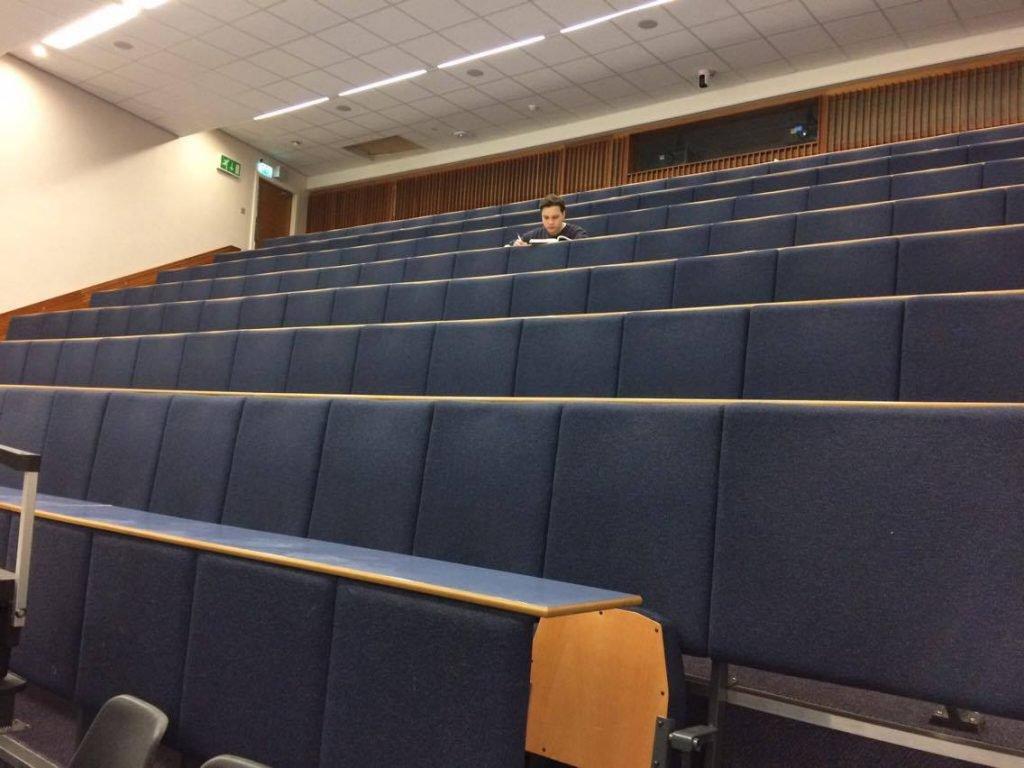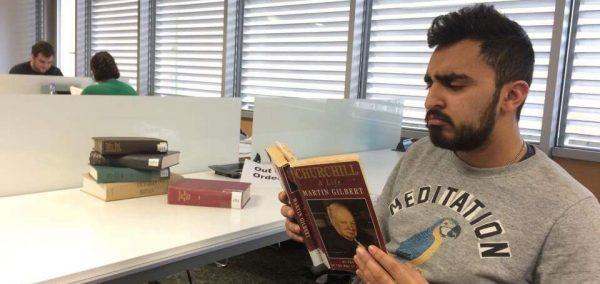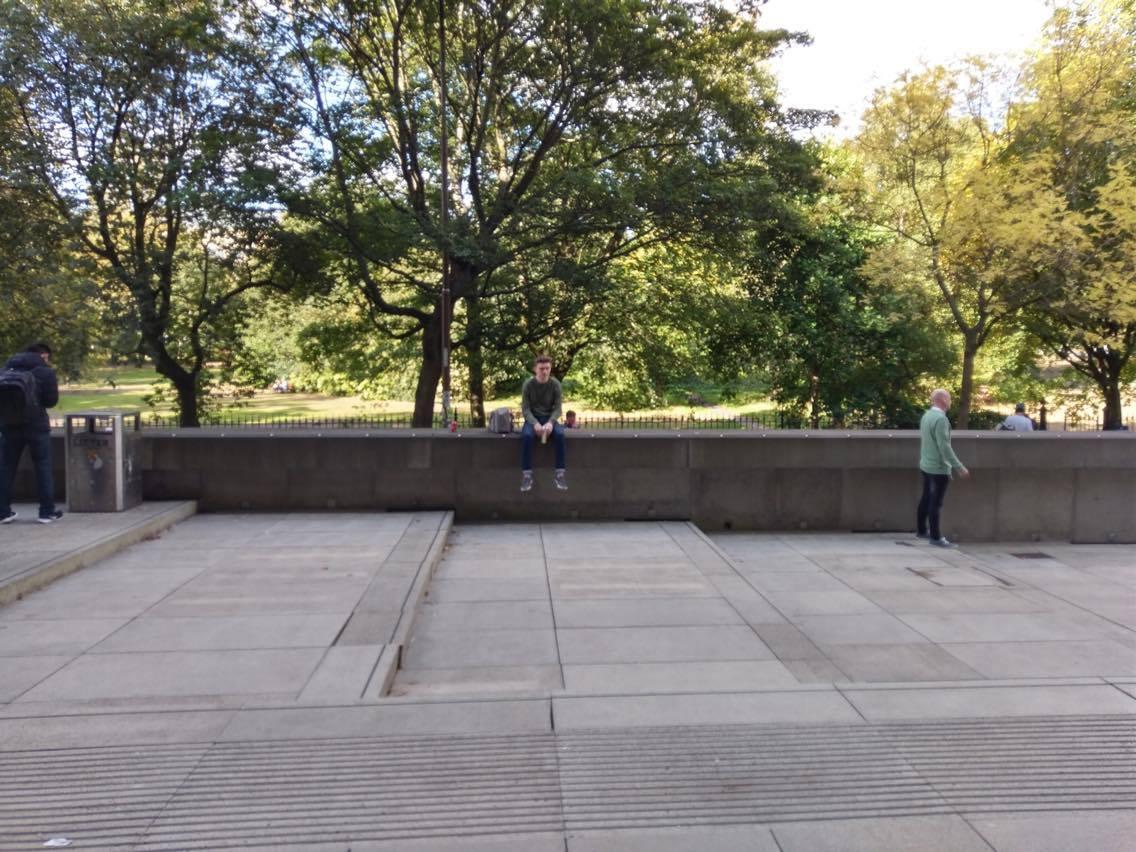
The slackers’ guide on how to just about pass first year in Edi
A handbook for achieving the holy grail that is 40 per cent
All freshers come into university fully motivated and eager to pursue the work hard, play hard lifestyle, splitting their time evenly between the library and the club.
They soon learn that this is rarely feasible in the long-term and may find their grades slipping as a result of their busy social lives. This guide will help you achieve the widely sought-after 40 per cent – the crucial mark you need to be able to pass your exams.
Read the course handbook, it's more important than your tutorial readings
The first step to passing first year is to get organised and read the course handbook. The course handbook is full of useful information including, crucially, how many tutorials you can miss.
Some allow you to miss no more than two in a row, others state you can miss no more than five out of ten. This is vital information when deciding if you can hit up Why Not when you have a 9am Tuesday tutorial.
Sometimes attendance also makes up a small percentage of the course, making this an easy way to pick up some points towards the magical 40.
Find a course buddy ASAP
This is someone who you can go to for advice or company and is a university must-have. Just don't sleep with them.

You don't wanna be this guy
If you've studied your course handbook, you can arrange a system with your course buddy in which you each go to alternating lectures and tutorials . Sharing notes is also a very good idea.
This way, you each attend as few lectures and tutorials as possible without missing any topics.
Choose the ultimate doss outside courses
A tough choice faced by all freshers is which outside course to do. Many opt for a course related to their degree. This is a mistake.
There is a plethora of easy courses to do, making sure the unimportant outside course does not interfere with your studies for your actual degree, or more importantly, your social life.

Choose wisely and you'll never have to read again
Japanese Culture consists of a single weekly tutorial and a large percentage of the result is a poster. Scandinavian Civilisation has three essays instead of an exam, the second of which is the first essay simply re-written with the teacher's notes.
Make sure you find the perfect outside course for you and your social life and don't be tempted to do something you actually find interesting.
Appear studious
You need to give off the impression of working hard or you won't be able to join in the "my degree is harder than yours" banter that makes up so much of 1st year.

Library slacking
The library is a great place to appear hard-working while spending all your time smoking with other secret slackers outside. Here you can complain about how much work you have without doing any of it.
If you go to anything, make sure it's the revision lecture
The last lecture before an exam is, in most courses, a revision lecture. This strikes most slackers as the perfect skiving opportunity? "Why revise in class? That's what the revision period is for!"
Wrong.

You could even get away with drinking in the lecture
In this lecture, the lecturer often reveals which of the topics are going to come up in the exam, surruptitiously or otherwise. At the least, they may rule a few out and clear up any questions you may have. Other students may also ask questions you don't know the answer to, though hadn't thought to ask yourself. The revision leture is the most important of the course – don't miss it.
The exam is a game, work out your tactics
After the revision lecture, you will know how many possible topics can come up in the exam, and how many questions you will have to answer (possibly having a choice of question). This offers us another tactical advantage.
If, for instance, there are ten possible topics, and you have to answer questions on two with a choice of five questions, this means that if you learn seven topics, at least two of yours will appear in the exam, saving you from learning three topics. Complicated, but worth figuring out.
Enjoy your free time
All this slacking has got you plenty of free time. Use it to complete essays and assignments early. You can do a little each day so no whole day is lost and it ensures you avoid silly penalisations for late hand-ins, which can often be severe.
And there we have it. Follow this guide to the letter and you'll be in second year in no time, having barely spent a moment sober in the process.
Note: the views expressed in this article do not represent the author, who is, in fact, very studious.









































